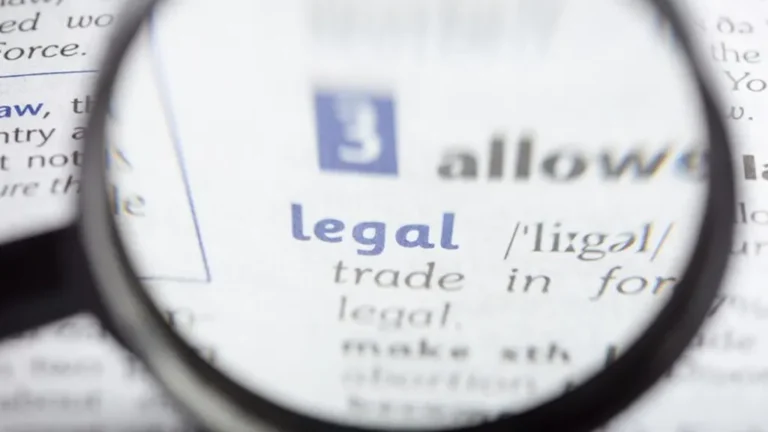

Starting a business in Mauritius can be an exciting and rewarding journey. With its strategic location, favorable business environment, and robust legal framework, Mauritius offers a wealth of opportunities for aspiring entrepreneurs. Here’s a comprehensive guide to help you build a solid foundation for your business in Mauritius.
Mauritius is known for its political stability, good governance, and an independent judiciary, making it one of the most business-friendly countries in sub-Saharan Africa. The country has a diversified economy with key sectors including textiles, tourism, financial services, ICT, and seafood processing. This diversity provides a range of opportunities for new businesses.

A well-thought-out business plan is crucial. It should outline your business goals, target market, competitive analysis, marketing strategy, and financial projections. This plan will not only guide your operations but also attract investors and secure funding.
Mauritius offers various business structures, each with its own benefits and considerations:
Company: A separate legal entity with limited liability.
Sole Proprietorship: Owned and operated by one person.
Partnership: Owned by two or more individuals.
Limited Partnership: Combines elements of partnerships and corporations.
Foundation: A legal entity created to manage assets for a specific purpose.
You must register your business with the Corporate and Business Registration Department (CBRD). The process can be done online and typically takes a half-day for incorporation. Here’s what you’ll need:
Business Name: Ensure it’s unique and not already in use
Documentation:
Application Forms:
Form 1: Basic information about your company.
Form 7: Confirmation from your company's director(s).
Form 8 & 9 (if needed): For company secretaries and shareholders.
Name Reservation: Proof you've reserved your company name.
Proof of Residence: Director's address (like a bill).
Beneficial Ownership: A letter stating who really owns/controls the company.
Registration Fees: Pay the required fees online.
The licences and permits you need to obtain for a business activity in Mauritius depend heavily on the nature of your business. Here's a breakdown of some common categories and the licences/permits usually required:
Essential for All Businesses:
Business Registration:
Register your business with the Registrar of Companies for a Certificate of Incorporation.
Obtain a Business Registration Number (BRN) from the Corporate and Business Registration Department.
Tax Registration:
Register with the Mauritius Revenue Authority (MRA) to receive a Tax Account Number (TAN).
If applicable, get a VAT (Value Added Tax) number for your business.
Sector-Specific Licenses and Permits:
Financial Services:
Various licenses from the Financial Services Commission (FSC) are required depending on the specific financial activity (e.g., banking, insurance, investment).
Tourism:
Permits from the Tourism Authority are needed for hotels, tour operators, travel agencies, and similar businesses.
Information and Communication Technologies (ICT):
Licenses from the Information and Communication Technologies Authority (ICTA) are mandatory for ICT service providers and businesses.
Trading:
An Import/Export license from the Ministry of Commerce and Consumer Protection is required for import/export activities.
Manufacturing:
An Industrial Premises Permit (IPP) from the Ministry of Industrial Development, SMEs and Cooperatives is needed for manufacturing activities.
Once registered, you can open a business bank account. You’ll need:
Certificate of Incorporation
Business Registration Card
Board minutes authorizing the account opening
Business plan detailing the source of funds
Additional documents may be required by individual banks. Please contact your chosen bank for their specific requirements.

Mauritius has a well-developed legal framework that supports business operations:
Companies Act 2001: Governs the incorporation and management of companies.
Business Registration Act 2002: Mandates registration of all businesses.
Insolvency Act 2009: Provides guidelines for business insolvency.
Limited Partnerships Act 2011: Regulates limited partnerships.
Mauritius offers a reasonable tax regime, including:
Sole proprietorship: Tax rates are progressive and vary from 0% to 15%.
Corporate Tax Rate: Generally a flat rate of 15%
Double Taxation Avoidance Agreements (DTAA): Mauritius has DTAA with many countries, preventing double taxation.
Free Repatriation of Profits: Profits can be repatriated without restrictions.

A well-thought-out business plan is crucial. It should outline your business goals, market analysis, financial projections, and strategies for growth.
Finding suitably qualified personnel can be challenging in specialized sectors. Consider investing in training and development to build a skilled workforce.
Mauritius actively encourages innovation, particularly in emerging sectors like biotechnology, renewable energy, and digital services. The digital landscape offers a wealth of opportunities for local businesses. Explore these exciting prospects further in our article on Online Business Opportunities in Mauritius.
While Mauritius offers a thriving business environment, it’s essential to be aware of potential risks:
Climate Change: The country is vulnerable to climate-related risks like cyclones, rising sea levels, and changing weather patterns, which can disrupt business operations and infrastructure.
Economic Dependence: Mauritius is affected by global economic trends, particularly in Europe and China, its major trading partners. Economic downturns in these regions can impact the Mauritian economy.
Limited Natural Resources: The country has limited natural resources and relies heavily on imports for energy and raw materials. Fluctuations in global commodity prices can impact production costs.
Skills Shortage: Certain sectors in Mauritius experience a shortage of skilled labour, which can pose challenges in finding qualified employees.
Regulatory Changes: While Mauritius has a business-friendly environment, regulatory changes can sometimes occur, impacting business operations. It's important to stay updated on any new regulations.
Currency Devaluation: The Mauritian Rupee (MUR) can experience fluctuations against major currencies like the Euro (EUR) and US Dollar (USD). This can impact businesses involved in international trade or those with foreign currency-denominated expenses or revenues.
By being aware of these potential risks and challenges, businesses can take proactive measures to mitigate their impact and build resilience.
Starting a business in Mauritius involves careful planning and adherence to legal requirements. By understanding the business environment, choosing the right structure, and navigating the regulatory landscape, you can build a solid foundation for your business. Embrace innovation, develop a strong business plan, and be prepared for potential challenges to ensure long-term success.
Are you ready to take the next step into the vibrant Mauritian business landscape? With the right preparation and mindset, your entrepreneurial journey in Mauritius can be both rewarding and prosperous.
